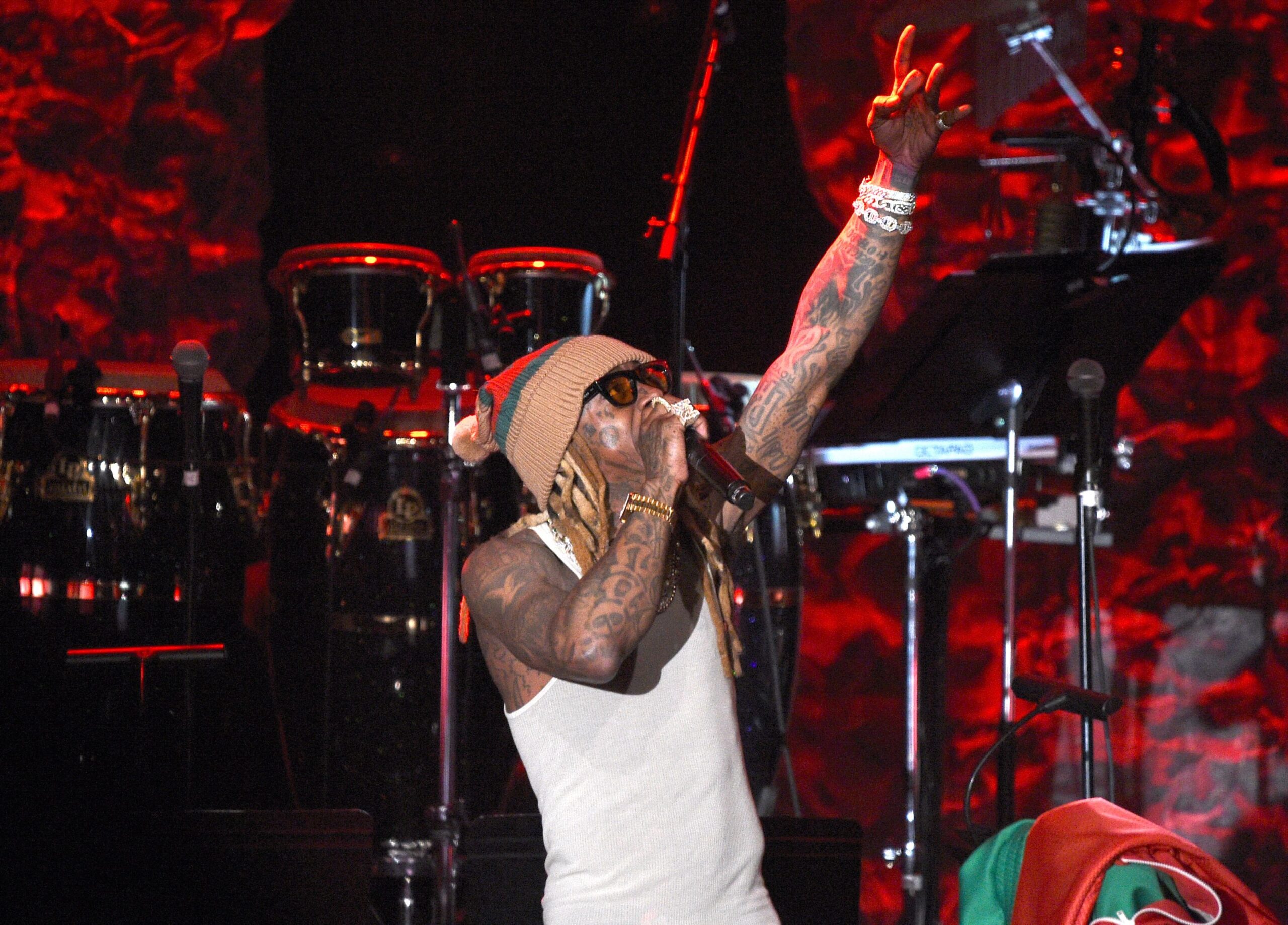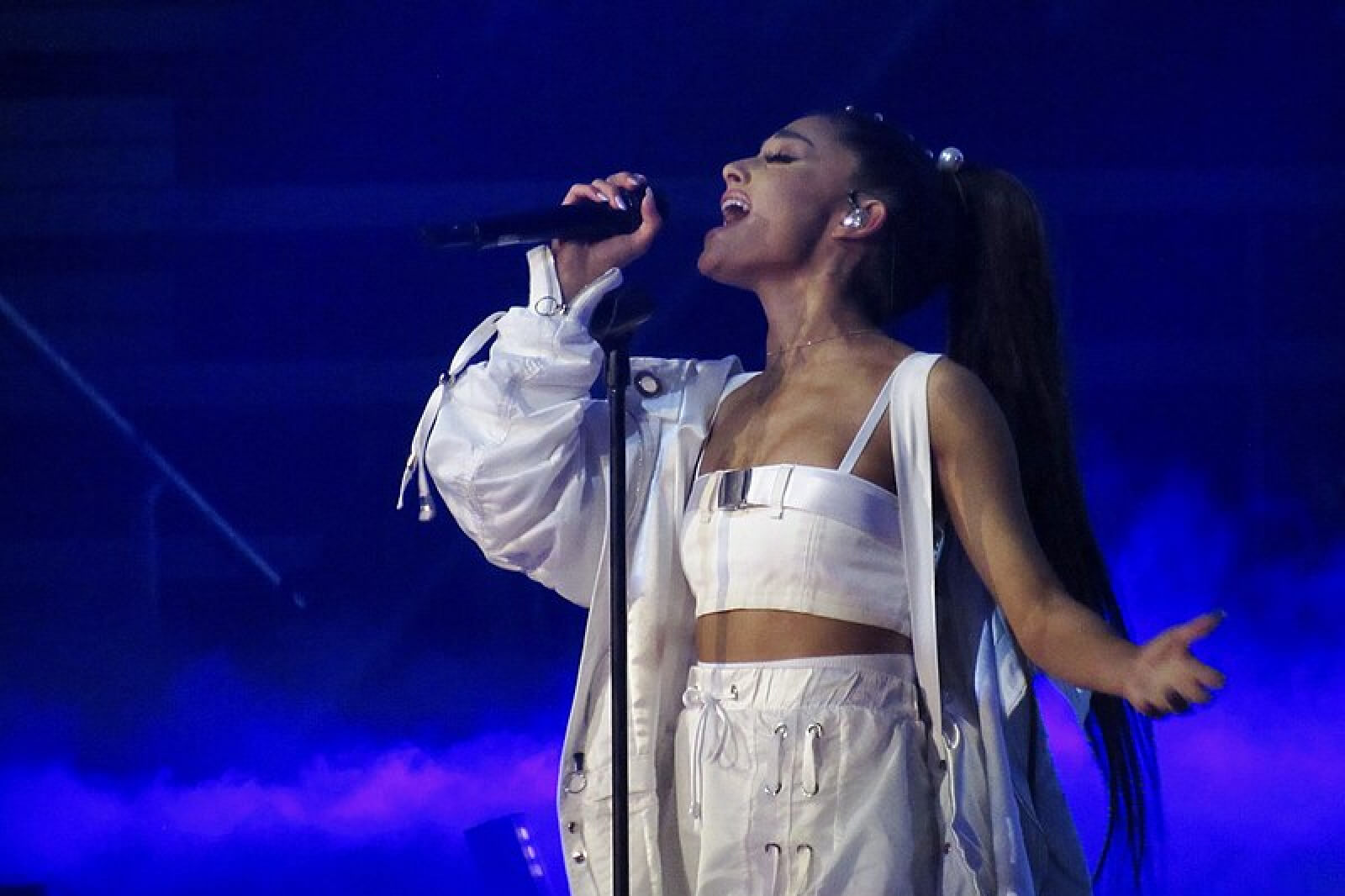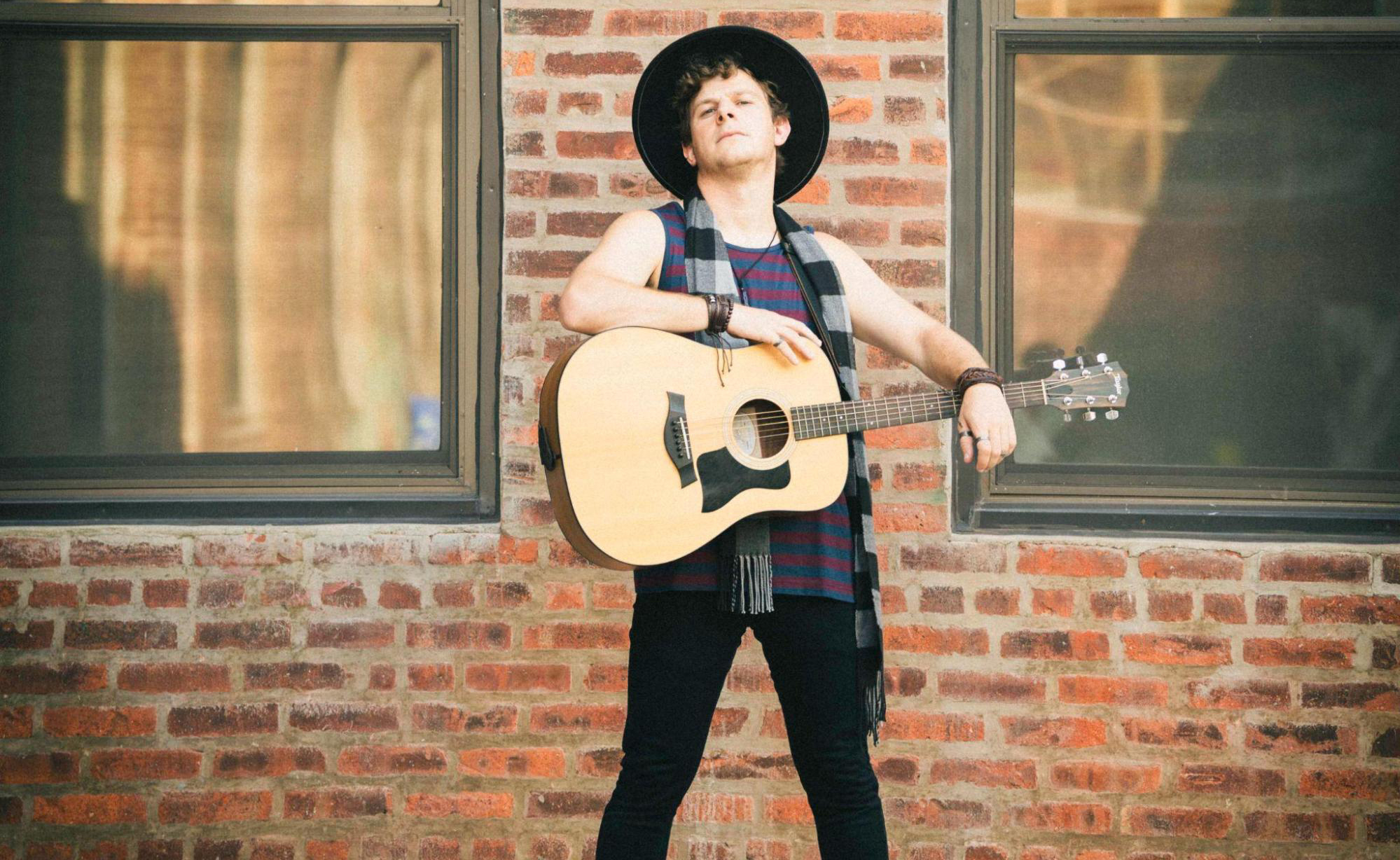
Lil Wayne at the Beverly Hills 2023
Photo by Richard Shotwell_Invision_AP_Shutterstock
In the 13 months since Lil Nas X independently released “Old Town Road,” he went from a virtual unknown to one of the Grammys’ most discussed artists.
His country-rap smash, which was later re-released to include a guest verse from Billy Ray Cyrus, went on to top the Billboard Hot 100 for a record-breaking 19 weeks last year. In addition to Lil Nas X’s nomination for Album of the Year and Best New Artist, his and Cyrus’ rendition of “Old Town Road” earned nods for Record of the Year, Best Pop/Duo Performance, and Best Music Video. Of those three, they won the latter two awards.
Record of the Year went to Billie Eilish’s “bad guy,” solidifying her sweep of all four major categories; she also won Song of the Year, Album of the Year, and Best New Artist. She’s the youngest artist in Grammy history to be nominated in all Big Four categories and only the second ever to win them all. While Eilish is undoubtedly a precocious, era-defining talent and absolutely deserving of such recognition, the Recording Academy’s decision to award her so liberally comes at the expense of slighting “Old Town Road”‘s cultural significance.
Lil Nas X’s overnight success had naysayers accusing him of being an industry plant, a meticulously-optimized figure cultivated by high-level executives. But the truth is that the 20-year-old, born Montero Lamar Hill, was just exceptionally well-versed in what causes internet virality; he ran meme accounts, and after spending $30 on a beat, saw the perfect opportunity to stake his claim in the yeehaw agenda—the trend of utilizing Old Western/cowboy fashion and culture, especially as it’s been reclaimed by black artists.
“Old Town Road” was basically designed to stir the pot, but it soon shone a light on the ugly side of chart data and its consistent othering of black artists. In April, a few weeks after debuting on the Billboard charts in both the country and hip-hop charts simultaneously, Billboard quietly removed the song from the country charts, sparking countless accusations of racism. In solidarity, country legend Billy Ray Cyrus hopped on the first official remix of “Old Town Road,” leading the song to its peak success.
In June, when “Old Town Road” reached the top of the Billboard Hot 100, Lil Nas X ended Pride Month by coming out as gay, making him the first artist to do so with a No. 1 single. He also became the first openly gay black artist to win a CMA Award in November. And although the popularity of “Old Town Road” might be waning, the track isn’t stopping anytime soon: At the Grammys, Lil Nas X and Cyrus performed the hit alongside yodeling wunderkind Mason Ramsey, Diplo, and K-pop’s biggest exports, BTS (naturally, this version was dubbed “Seoul Town Road“).
Aside from just smashing records, “Old Town Road” will go down in history as a major accomplishment for black LGBTQ+ artists and a middle finger to straight-white-dude worship of traditional country music. Couldn’t the Recording Academy have given Lil Nas X more recognition by awarding him with Song of the Year? Best Rap Album winner Tyler, the Creator said it best when he explained that part of him felt like his win was a “backhanded compliment” as a black person.
Now, this isn’t an argument against Eilish by any means—although she even expressed hesitance towards accepting so many awards—but the Grammys are historically racist, and giving “Old Town Road” more accolades would’ve been the right step towards correcting the injustice Lil Nas X has faced regarding the track. Despite its initial success as a solo song, Billboard credits all of “Old Town Road”‘s chart success to the version that features Cyrus. “This song stopped racism!!!” reads the title of YouTuber No Life Shaq’s review of the song, but the Grammys disprove that claim. A more correct description of “Old Town Road” is that, despite its leaps and bounds towards more equal representation in the entertainment industry, it’s proven that even unimaginable viral success doesn’t protect an artist from racism in the music world.
- Don’t Stop the Music: All of Rihanna’s 125 Songs, Ranked From … ›
- Even Billie Eilish Didn’t Think She Deserved All Those Grammys ›
- Beyonce, Bridgers, Black Pumas: 2020 Grammy Nominations ›
- Deborah Dugan Launches New Allegations at the Grammys Board – Popdust ›
- Every artist with 2020 Grammy nominations who doesn’t deserve … ›
- Lil Nas X, BTS, and More Performed “Old Town Road” at Grammys … ›
- Grammy nominations 2020: Lizzo, Billie Eilish, Ariana Grande, and … ›
- Will Grammy voters take the ‘Old Town Road’ on Sunday? | Star … ›
- Grammys 2020: First-time nominees Lizzo, Billie Eilish, Lil Nas X lead ›
- Grammys: BTS leads a massive ‘Old Town Road’ crossover ›
- Billie sweeps, celeb tributes, an epic rendition of ‘Old Town Road … ›
- Lil Nas X deserves multiple Grammys, prove me wrong – The Daily … ›
- BTS Made The Most Of Their 2020 Grammys Performance, Even … ›













